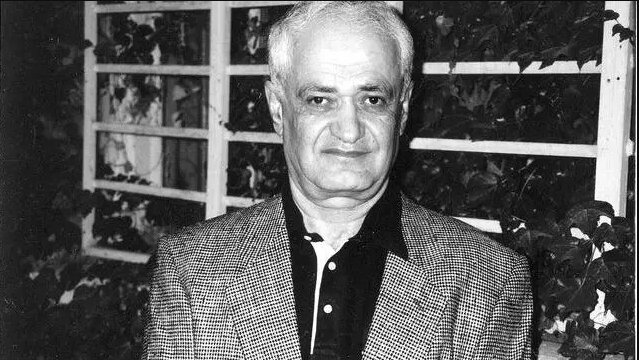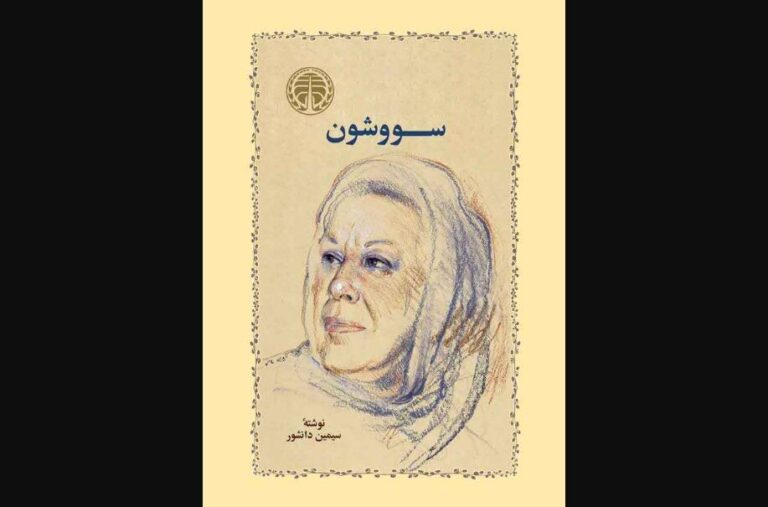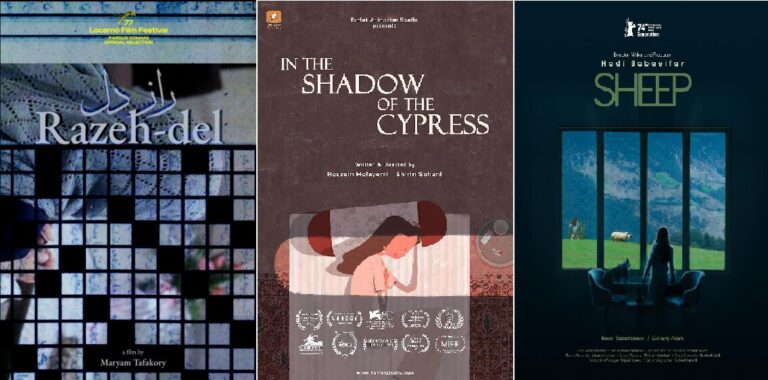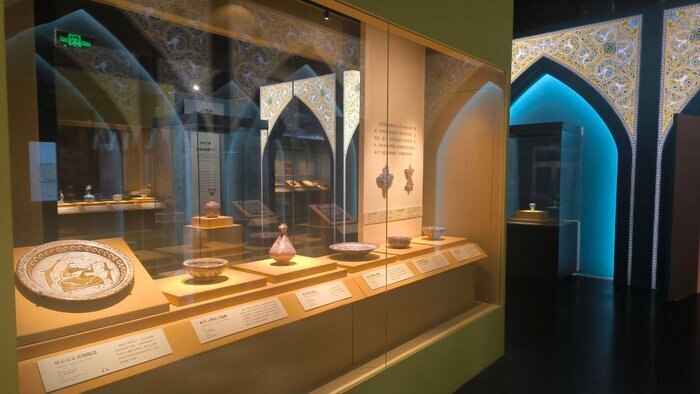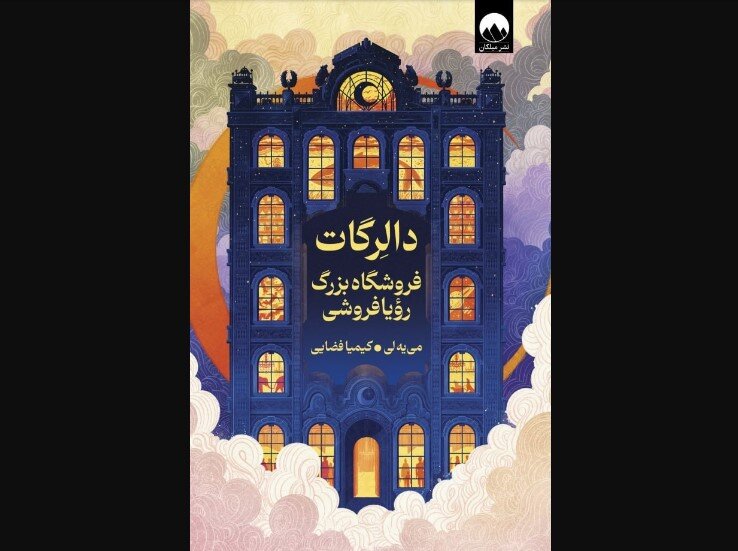Celebrated Iranian Author and Translator Hassan Kamshad Dies at 100: A Legacy of Literary Excellence
Hassan Kamshad, a prominent Iranian author, translator, and scholar of Persian literature, passed away on Thursday at the remarkable age of 100. His contributions to Persian literature and education have left an indelible mark, enriching the literary landscape both in Iran and abroad. Born in Isfahan, Kamshad’s journey through academia and literature is a testament to his enduring dedication to the field.
Kamshad earned a bachelor’s degree in law from the University of Tehran and began his professional career in 1948 when he joined the Oil Company. This move took him to the oil-rich region of southern Iran, where he embarked on a journey that would intertwine his life with literature and education, as reported by ISNA.
In 1954, his career took a pivotal turn when filmmaker and literary figure Ebrahim Golestan facilitated his opportunity to teach Persian at the University of Cambridge. While teaching, he continued his studies, ultimately earning a Ph.D. in Persian literature from Cambridge. Following his graduation, he maintained his role as a faculty member at the university and even served as a visiting professor at the University of California.
After retiring from teaching, Kamshad reignited his passion for translation, encouraged by Iranian writer Sadeq Chubak, who had also been a part of the Oil Company. Kamshad had begun translating works years prior, during his tenure at the Oil Company. “When I was transferred to Masjed Soleyman, I translated ‘Citizen Tom Paine’ (written by Howard Fast), and it was published,” he recalled.
The first book he undertook “seriously” was “What is History?” by E. H. Carr, published by Kharazmi Publishing House in the 1970s. He remarked, “I knew the author of the book. I had attended his classes in Cambridge.” This translation marked the beginning of a deep dive into the realms of history and philosophy.
As Kamshad translated various works focused on the philosophy of history, he developed a growing interest in both the history of philosophy and philosophy itself. His first significant contribution in this area was the translation of “Sophie’s World” by Jostein Gaarder, released in 1996 by Niloufar Publishing House. This philosophical novel quickly gained popularity in Iran, captivating readers with its unique blend of storytelling and philosophical discourse.
The public’s enthusiasm for “Sophie’s World” can be attributed to its accessible narrative, designed to engage young readers, particularly targeting a 15-year-old girl. This approach made complex philosophical concepts approachable and enjoyable.
Following this success, Kamshad translated several other notable works, including:
- “Wittgenstein’s Poker” by David Edmonds
- “The Story of Philosophy” by Bryan Magee
These translations, like “Sophie’s World,” aimed to present philosophical history and theories in a straightforward manner, making them accessible to a wider audience.
In addition to his translation work, Kamshad authored several original pieces that explored the history of modern Persian prose and his personal experiences. Among his most significant works is *Founders of Modern Persian Prose*, which is essentially a translation of his doctoral dissertation. This book highlights some of the earliest translations from the Qajar era, including a commendation of Abdollatif Tasuji’s translation of “One Thousand and One Nights,” which he described as “very fluent and beautiful.”
Despite recognizing the historical significance of past translations, Kamshad believed that “the best translations have been produced during our own lifetime.” His insights and critiques have contributed to the understanding of translation quality in Persian literature.
Within the literary sphere, Kamshad held Mohammad Ghazi’s translations in high regard, while in the philosophical domain, he considered Ezzatollah Fooladvand’s translations to be among the finest.
Hassan Kamshad’s legacy extends beyond his age; it encompasses a lifetime of commitment to Persian literature, education, and translation. His works continue to inspire both readers and future translators, ensuring that his influence will be felt for generations to come.
